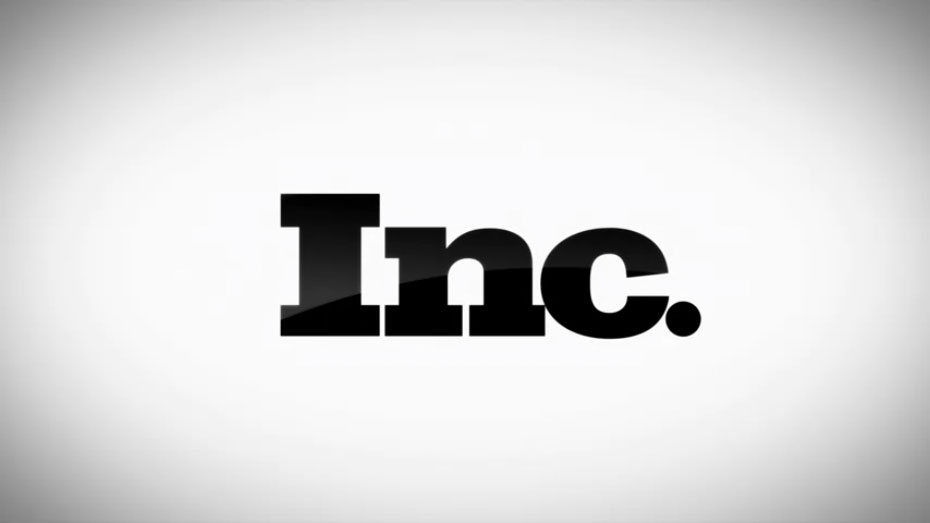
Elon Musk plays the game differently. Famed for his ability to enter--and master--many different fields, he has cracked the code on how to sustainably work 120 hours per week, and the relentless pursuit of his vision that leaves the billionaire living in a $50,000 tiny home His belief is that you don't need to singularly focus on one thing in order to master it. Musk's method to compound learning for compound knowledge is helpful if you want to become a master of everything.
Musk's ability to achieve multi-field mastery is a crucial skill for every entrepreneur. Even if you're not looking to simultaneously harness the energy of the sun and go to space, being the founder of an early-stage startup is synonymous with wearing many hats--and requiring many skills, from product development to sales and human resources.
As a child, Musk read two books a day. But immense knowledge consumption is not the sole contributor to Musk's ability to learn. In fact, it's not just about how much information you consume, it's what information you consume--which is precisely where most get it wrong, according to Musk.
The problem is that people when people are excited or interested in learning something new, they tend to want to jump to the most interesting facet of it, which is typically the more advanced aspect of it. In other words, there's a widespread tendency to bypass the fundamentals in the quest to learn the most compelling parts. But in doing so, people neither truly learn the advanced parts, nor the foundational parts. And this isn't to the detriment of one particular topic, but of all topics.
The mind is a machine that processes information by making connections. Our brains are always seeking to identify relationships and relativity in order to fill in missing information, or form links between information, according to scientists at the University of Oxford. So when each bit of knowledge is a point of reference, or a dot available to be connected, the more dots we have, the more quickly we are able to make connections, learn new subjects, and compound knowledge.
The more we learn of one thing, the more easily we learn something completely different. It's not necessarily that people who know more are necessarily more intelligent, but with learning a wide variety of things, their brains have more points of references or dots, per se, enabling them to learn new fields far more quickly than those without as many dots or reference points.
Through a tremendous amount of fundamental learning, Musk has created the ability to not only learn new fields at seemingly superhuman speeds, but he is able to see a much larger picture. This is what gives him the ability to do things in a way in which others don't because he sees what others don't.
With an ever-growing list of things to do, founders need to not only have the knowledge to do many things and do them well. But with little time, they also need to be able to learn a wide variety of things very quickly. Being not just a jack of all trades, but a master of everything is vital for startup success. Having a wide range of knowledge, and points of reference is what enables the mind to see the bigger picture--even when zeroing in on one incredibly advanced technology or topic. And it's within the bigger picture that founders create markets and build billion-dollar businesses like Musk.
